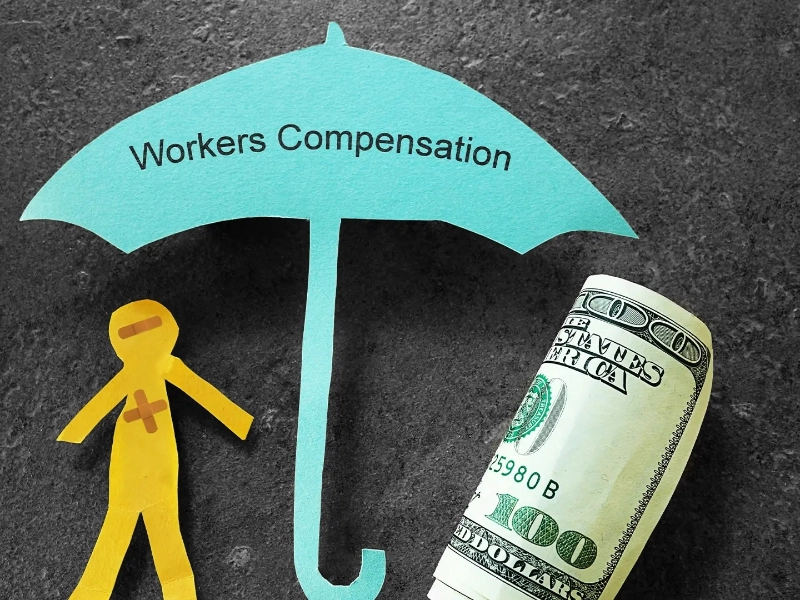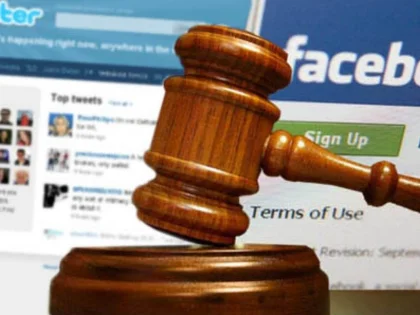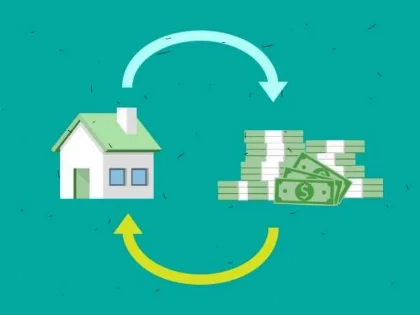Understanding The Insurance Needs Of Small Business Owners
Small business entrepreneurs make a lot of decisions in a fast-paced world that could make or kill their company. They can guarantee the success of their business by being aware of the kind of small business insurance they require. For small enterprises, a range of property and liability insurance plans are offered. Small companies are frequently eligible for a package policy known as the Business Owners Policy (BOP). The BOP merges numerous liability and property policies into a single contract.
Insurance for General Liability

Policy for Business Owners (BOP)
 A business owner's policy (BOP) offers small enterprises complete coverage by combining liability and commercial property insurance into one policy. The type and value of your property, where you live, the history of previous claims, and other factors all have an impact on how much a BOP will cost.
The tangible assets that power your company, such as machinery, office supplies, furniture, inventory, and other essential goods, are covered by commercial property insurance. The cost of replacing these assets will be covered by commercial property insurance in the event of a fire or other natural disaster.
BOPs also include general liability insurance, which protects your business from lawsuits if third parties are injured or property is damaged. But a BOP typically excludes other kinds of risk, such as liquor liability and data breach liability. If necessary, these can be purchased separately.
A business owner's policy (BOP) offers small enterprises complete coverage by combining liability and commercial property insurance into one policy. The type and value of your property, where you live, the history of previous claims, and other factors all have an impact on how much a BOP will cost.
The tangible assets that power your company, such as machinery, office supplies, furniture, inventory, and other essential goods, are covered by commercial property insurance. The cost of replacing these assets will be covered by commercial property insurance in the event of a fire or other natural disaster.
BOPs also include general liability insurance, which protects your business from lawsuits if third parties are injured or property is damaged. But a BOP typically excludes other kinds of risk, such as liquor liability and data breach liability. If necessary, these can be purchased separately.
Insurance against Business Interruption
 When a calamity damages a company's location, business interruption insurance helps to compensate the affected enterprises for additional costs and lost revenue. Costs include staff wages (should the business be unable to operate), real estate taxes, lease payments, and even loan payments, which may be covered by this policy. It might also pay for any extra expenses needed to maintain business operations throughout the restoration phase.
Usually, a business owner's policy (BOP) or commercial property policy already includes this kind of insurance. The company must sustain direct physical damage, such as fire or hurricane damage, in order to be eligible for this coverage. Under the policy, the restoration time begins when the property is destroyed and often ends when it is repaired or restored as soon as it makes sense. To make sure that the insurance is enough, accurate BI values are essential. A specialist can assist in identifying the proper boundaries. This will be determined by the firm's nature and financial expectations.
When a calamity damages a company's location, business interruption insurance helps to compensate the affected enterprises for additional costs and lost revenue. Costs include staff wages (should the business be unable to operate), real estate taxes, lease payments, and even loan payments, which may be covered by this policy. It might also pay for any extra expenses needed to maintain business operations throughout the restoration phase.
Usually, a business owner's policy (BOP) or commercial property policy already includes this kind of insurance. The company must sustain direct physical damage, such as fire or hurricane damage, in order to be eligible for this coverage. Under the policy, the restoration time begins when the property is destroyed and often ends when it is repaired or restored as soon as it makes sense. To make sure that the insurance is enough, accurate BI values are essential. A specialist can assist in identifying the proper boundaries. This will be determined by the firm's nature and financial expectations.
Workers' compensation insurance
 Workers' compensation insurance is mandatory for business owners who employ people in numerous states. In the event that a worker is injured at work, this type of coverage helps cover medical expenses and missed income. Additionally, it shields the business from costly litigation.
Accidents might occur even if you've taken all the required safety measures to establish a hazard-free workplace. Workers' compensation not only keeps you lawful in your state, but also demonstrates to your employees your concern for their well-being.
Each state has a different workers' compensation policy price. It is determined by a number of variables, such as each employee's commissions, bonuses, and salaries. Purchasing pay-as-you-go workers' compensation coverage, which allows you to make payments based on actual payroll rather than predicted salaries, may help you save money. Many workers' compensation insurance policies also offer loss prevention services to aid in the reduction of occupational diseases and injuries. If private insurers are unable to provide worker's compensation insurance, you may purchase coverage from several states' competitive worker's compensation insurance funds.
Workers' compensation insurance is mandatory for business owners who employ people in numerous states. In the event that a worker is injured at work, this type of coverage helps cover medical expenses and missed income. Additionally, it shields the business from costly litigation.
Accidents might occur even if you've taken all the required safety measures to establish a hazard-free workplace. Workers' compensation not only keeps you lawful in your state, but also demonstrates to your employees your concern for their well-being.
Each state has a different workers' compensation policy price. It is determined by a number of variables, such as each employee's commissions, bonuses, and salaries. Purchasing pay-as-you-go workers' compensation coverage, which allows you to make payments based on actual payroll rather than predicted salaries, may help you save money. Many workers' compensation insurance policies also offer loss prevention services to aid in the reduction of occupational diseases and injuries. If private insurers are unable to provide worker's compensation insurance, you may purchase coverage from several states' competitive worker's compensation insurance funds.








